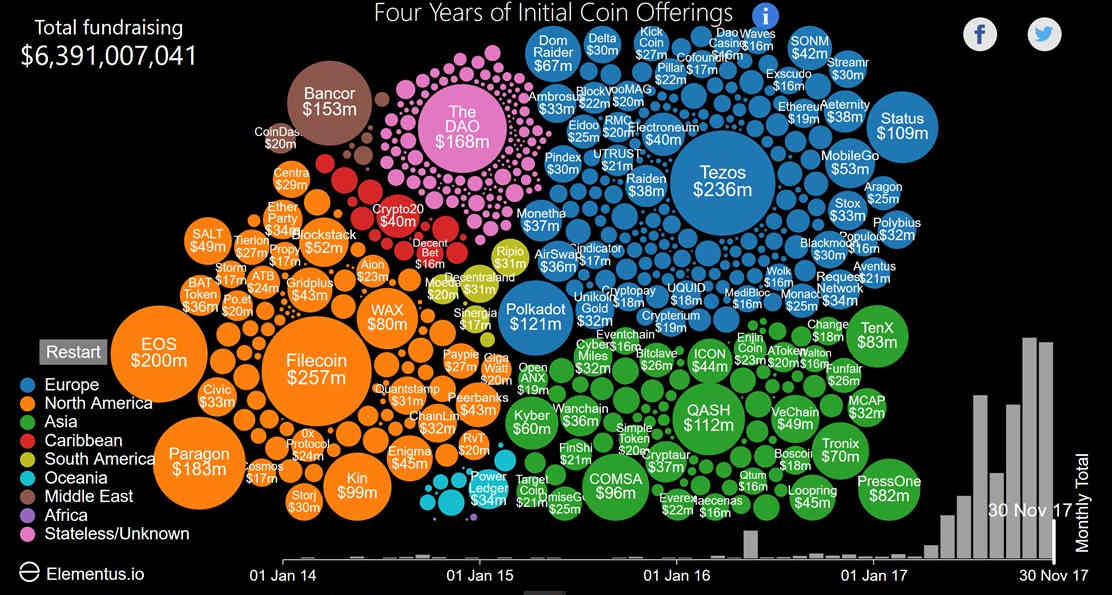Stealing crypto assets has never been more lucrative – so scams are becoming more creative.
Scams in 2018 are getting sleeker, and more dangerous, for contacting users new and old on a very personal level. While most threats are known, the enthusiasm for crypto assets decreases vigilance, and a sense of FOMO may make one overlook the red flags. Here are five types of common scams happening in 2018:
- ICO scams, or Scam ICOs: Participating in an ICO is inherently risky. Yet it should be a good type of risk, betting on a project’s future. But participating in an ICO sometimes means never getting to see the new shiny tokens. Things to be aware of are ICOs with a shifty profile, bad communication, and pompous ideas. But even in high-quality ICOs, awareness is needed when sending funds. Look for solid whitelisting, and only use the official wallet address.
- Exchange scams: These range from very obscure exchanges with a stubborn withdrawal policy, to exchanges that simply take away Bitcoin and never return it. This type of scam is often seen around Bitcoin forks, which are only traded on very obscure markets. Avoid sending BTC to these exchanges, a forked coin may not be worth the effort. KuCoin had a recently cloned scam page that has been flagged in the past days.
- Impersonation scams: Because crypto advice hinges on personalities, stealing accounts and impersonations, as well as a variety of faked news, opinions, and screenshots, may create confusion and lead to unwise decisions.
Source/More: Crypto Scams: Increasing in 2018, Growing More Personalized – Cryptovest















